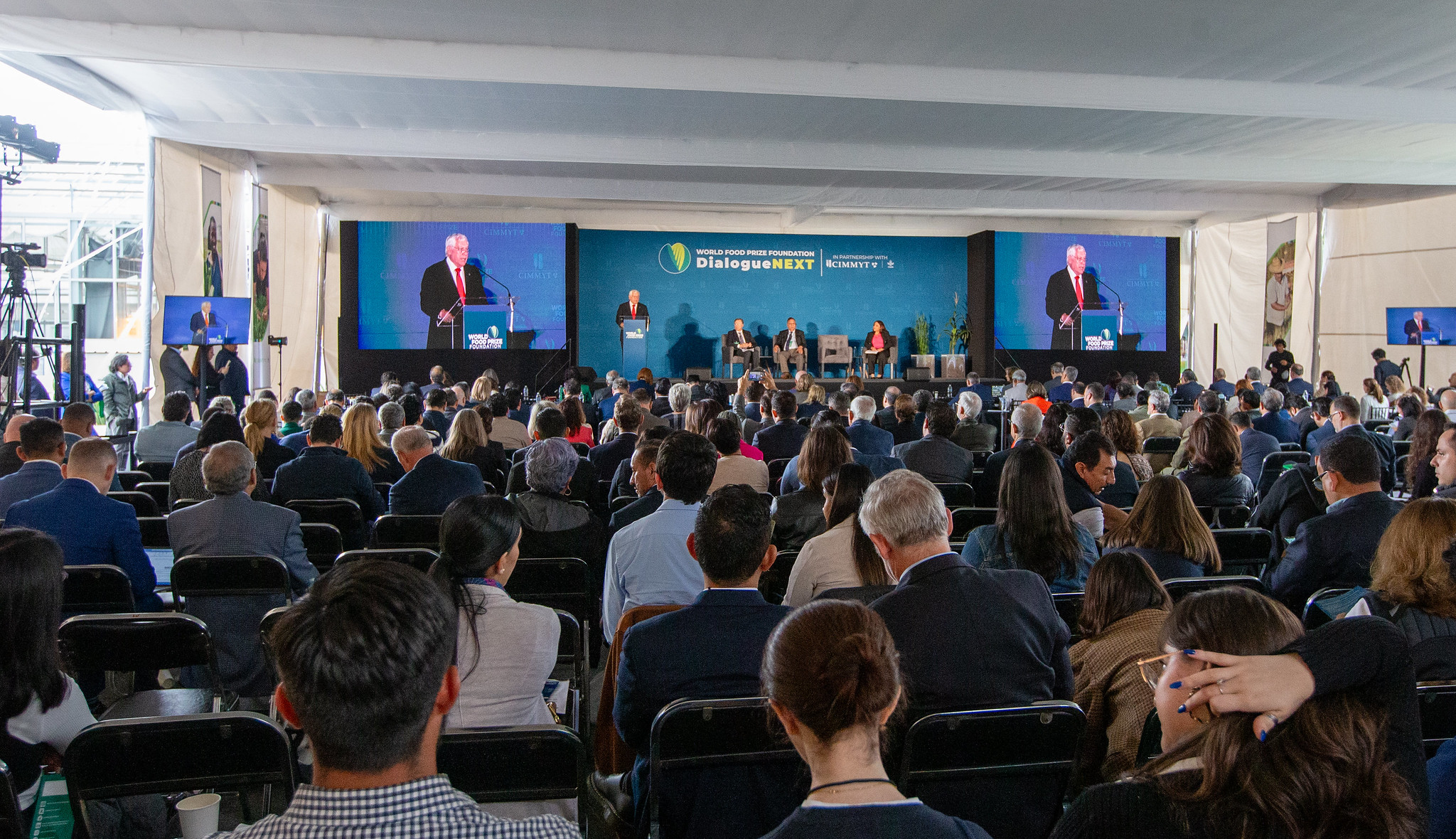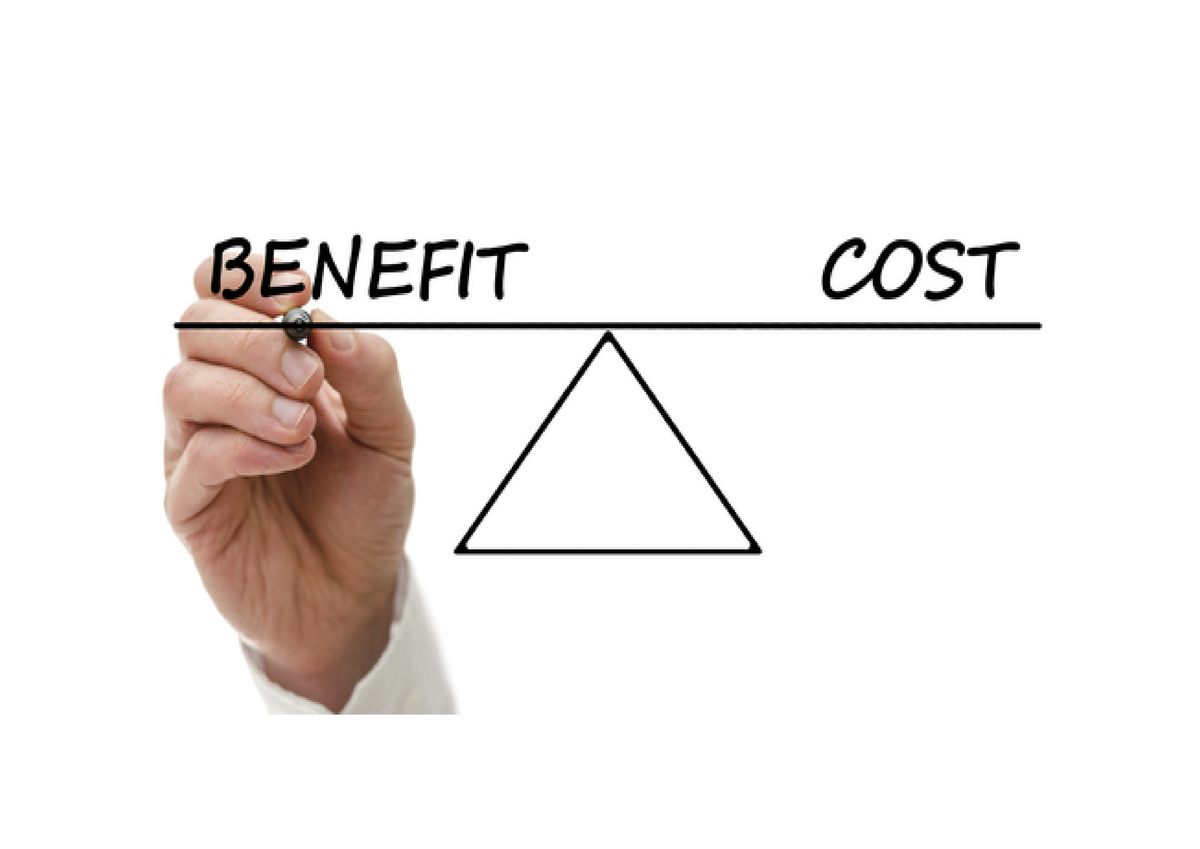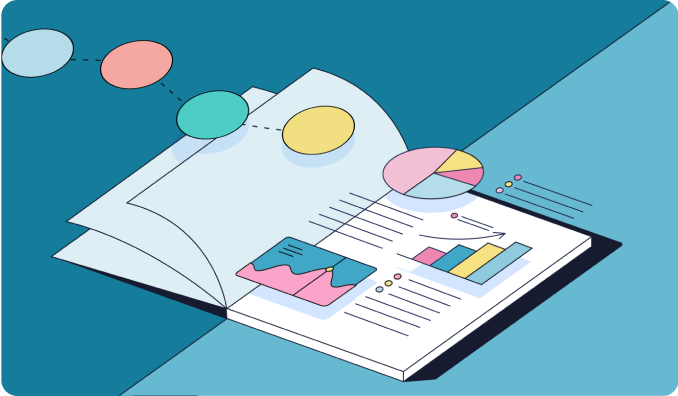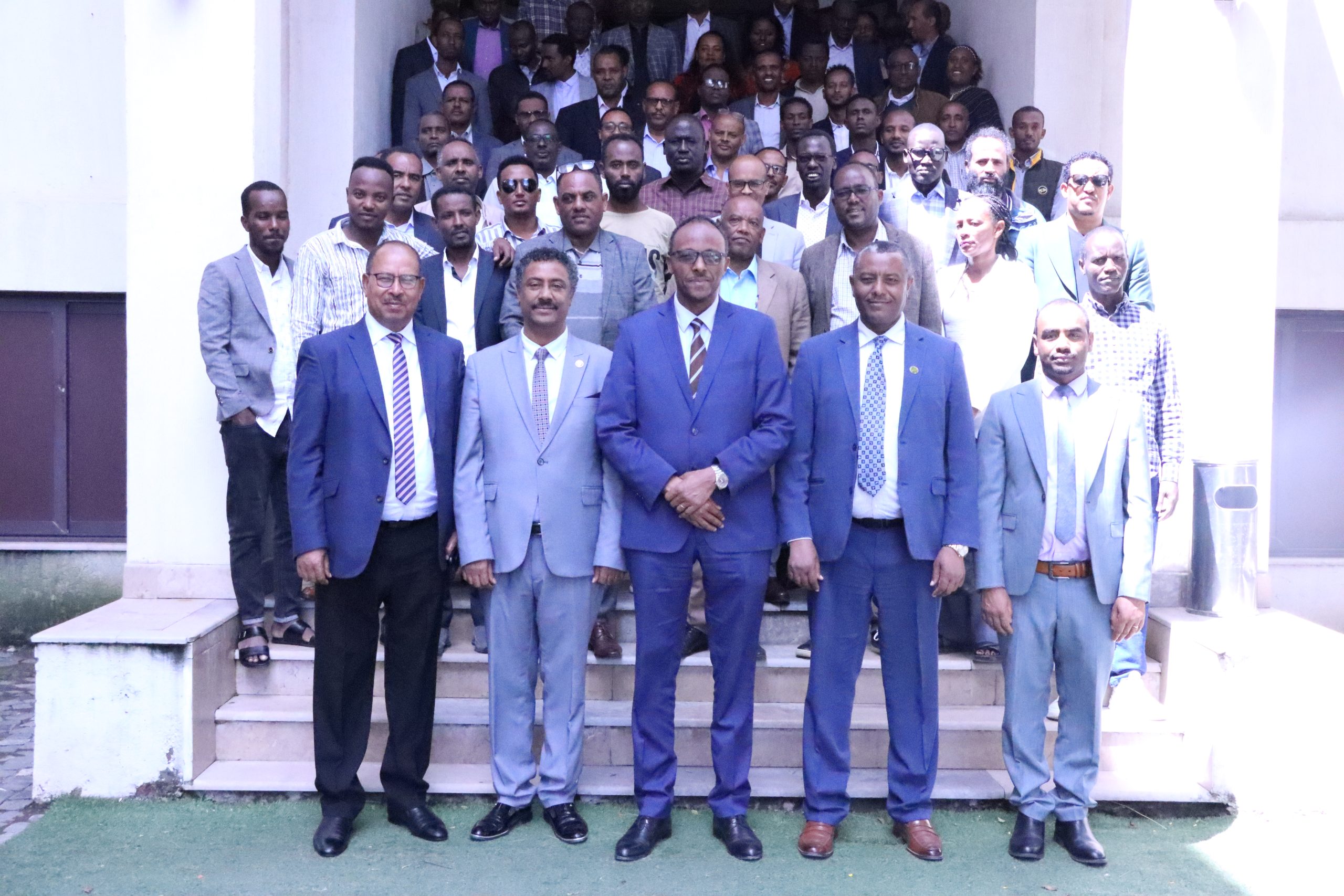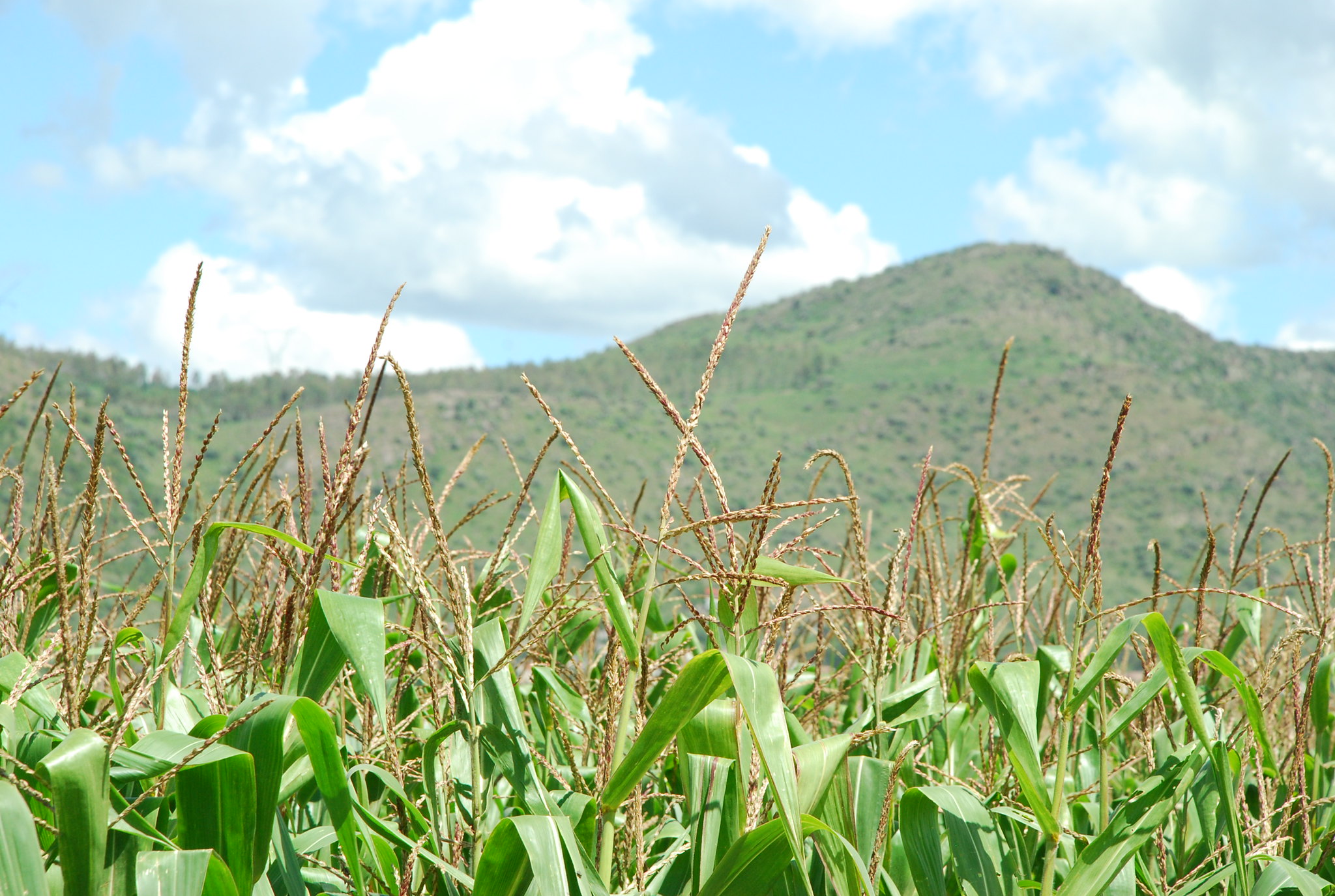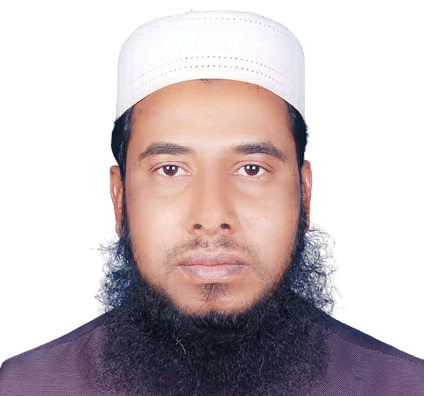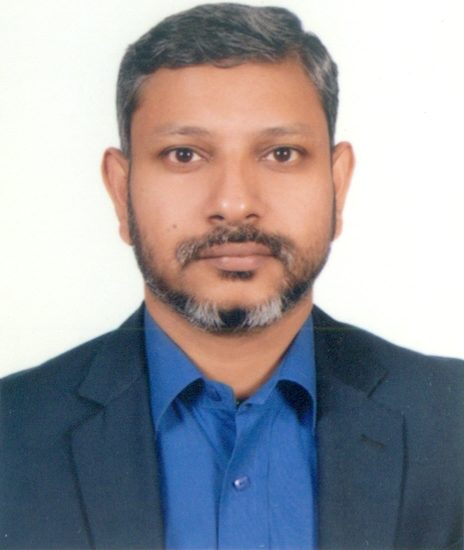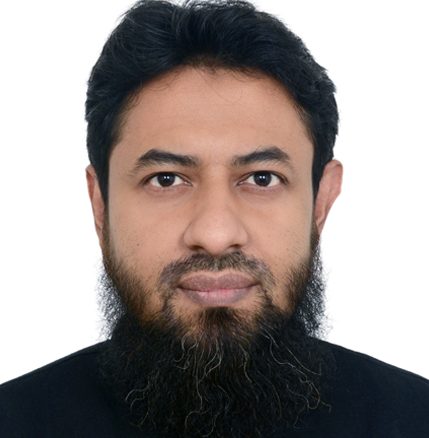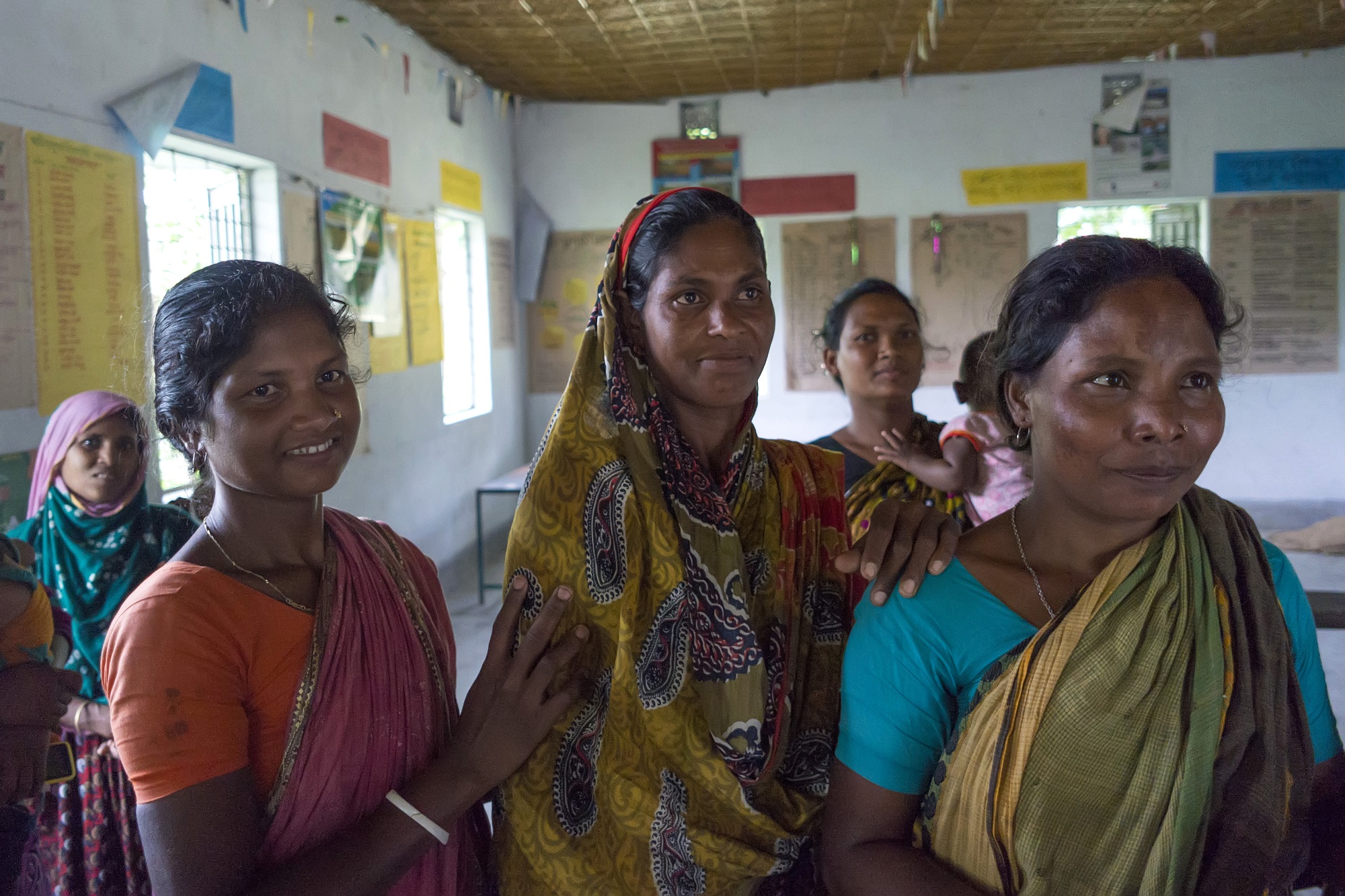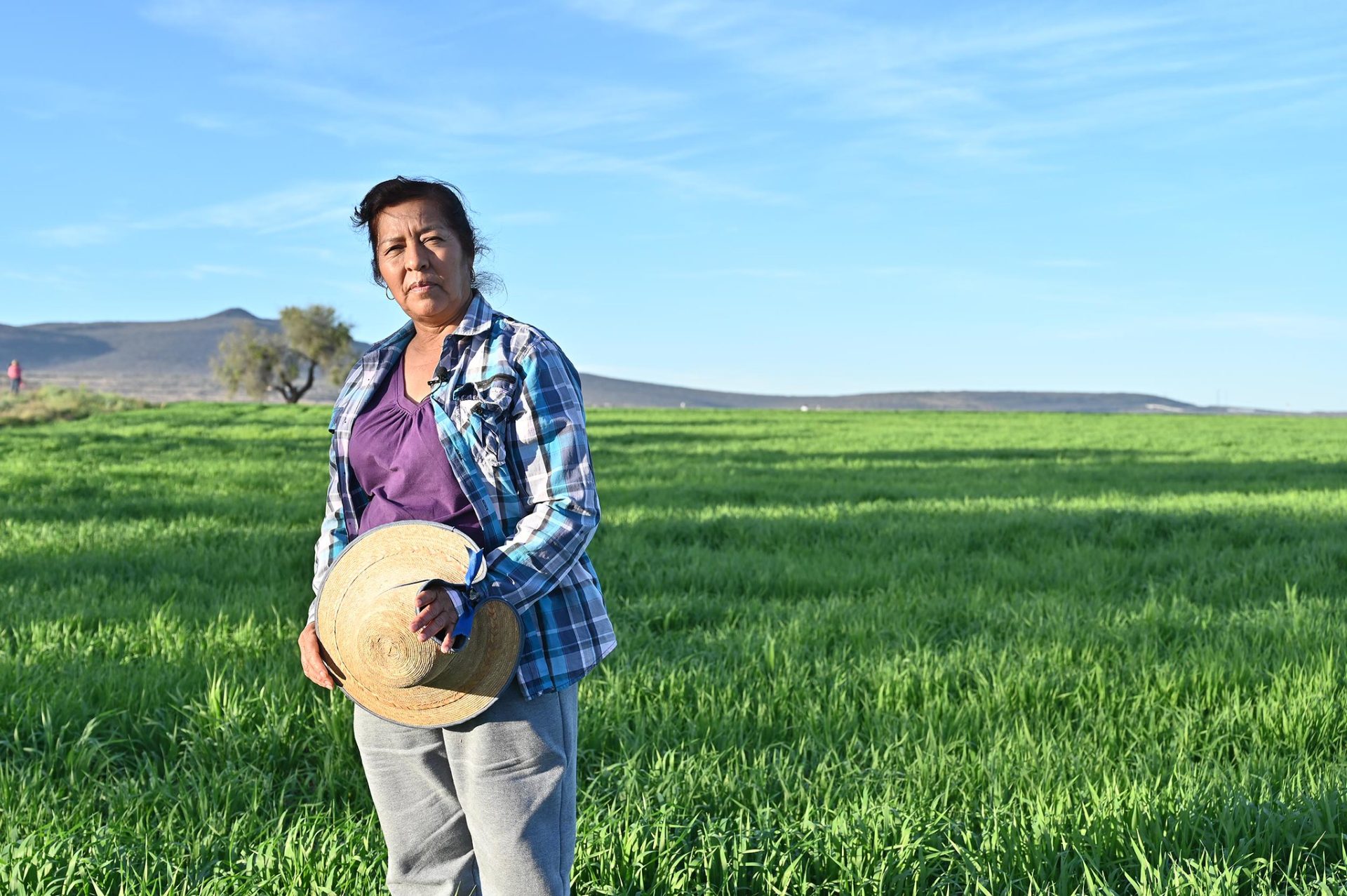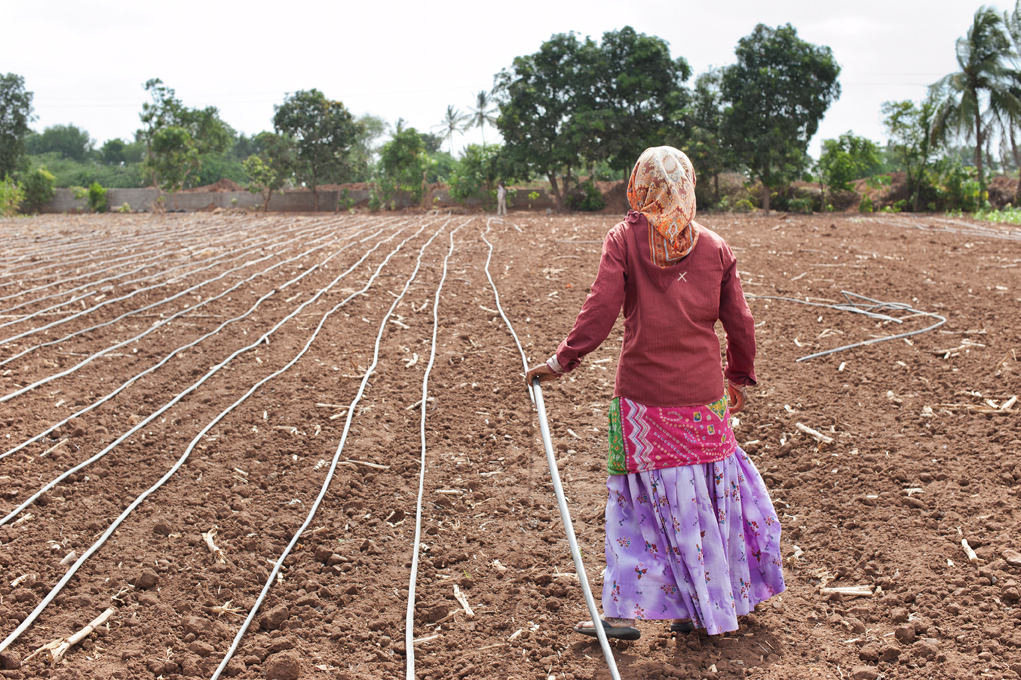Data services
Enhancing the resilience of our farmers and our food systems: global collaboration at DialogueNEXT
 Capacity development
Capacity development
CIMMYT and the World Food Prize Foundation co-organized DialogueNEXT—Seeds of strength: Nurturing farmer resilience, held at CIMMYT headquarters in Mexico from 10 to 11 July 2024. The event brought together scientists, agribusiness leaders, farmers, and policymakers from over 200 organizations and 55 nations, to help shape global collaboration and strategies for sustainably producing nutritious food for all, within planetary boundaries.
Harnessing econometric and statistical tools to support climate-resilient agriculture
 Innovations
Innovations
Econometric and statistical methods lead to informed decision-making and safeguard agricultural productivity in the face of climatic hazards in South Asia.
Unlocking insights from literature: exploring adaptation options in ACASA
 Innovations
Innovations
Using Systematic Literature Review, ACASA has identified key climate adaptation options and assessed their effectiveness.
In Ethiopia, regional and local representatives endorse national framework on climate services
 Capacity development
Capacity development
Ethiopian Meteorological Institute in partnership with CIMMYT organized a workshop to scale climate-smart agriculture and climate information services for the benefit of millions of small-scale farmers in Ethiopia.
The power of data in improving conditions for female farmers
 Gender equality, youth and social inclusion
Gender equality, youth and social inclusion
With the help of big data, CIMMYT researchers in Bangladesh partner with Michigan State University and local NGOs to pinpoint opportunities to increase women’s participation in farm extension training sessions.
Farmers’ views on app usage for information sharing
 Innovations
Innovations
Technology offers a route to better information sharing for farmers. CIMMYT research examines whether a mobile app is the right solution.
Researchers urged to use common gender keywords to improve data impact
 Gender equality, youth and social inclusion
Gender equality, youth and social inclusion
A lack of consistent keywords when tagging research is leading to holes in searches for gender research across CGIAR, the world’s largest network of agricultural researchers. A more systematic and sharper use of keywords when describing datasets will improve findability in searches.
